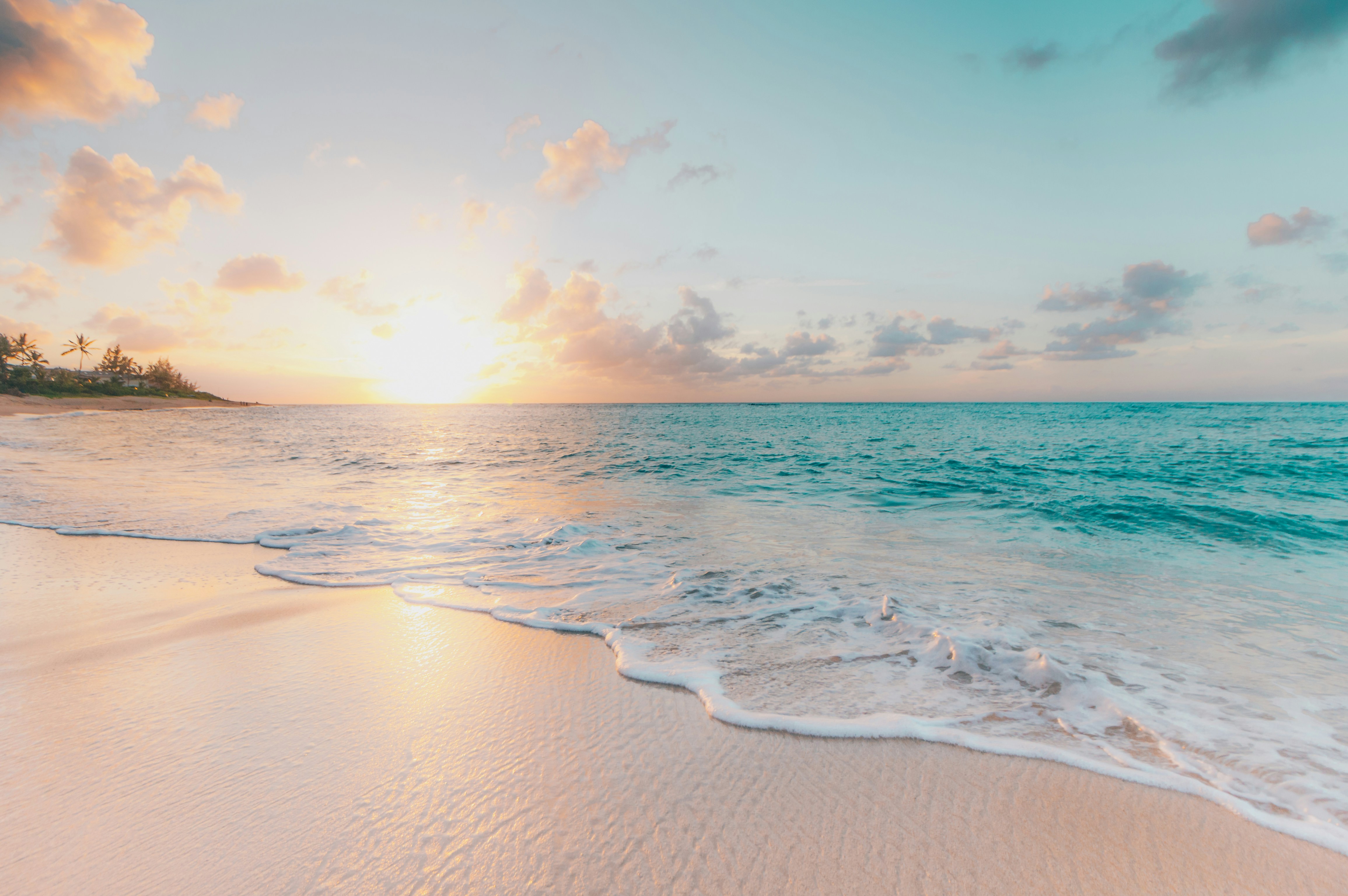Travel Tips for Foreign Tourists in Assam – Journey with Respect, Return with Stories
Traveling to Assam is a journey into the heart of Northeast India—where lush tea gardens, the mighty Brahmaputra, and authentic Assamese culture welcome visitors with open arms. For foreign tourists, understanding local guidelines ensures a safe, enjoyable, and enriching travel experience. From entry permits to cultural etiquette, Assam blends traditional hospitality with unique travel adventures. Whether you’re drawn to the wildlife of Kaziranga, the spiritual energy of Majuli, or the flavors of Assamese cuisine, knowing the basics of travel rules and cultural practices will help you enjoy an authentic and worry-free journey.
Highlights / Key Features
🛂
Entry & Visa Guidelines – Smooth arrival with updated rules for foreign visitors.
🏞️
Restricted Area Permits – Information for visiting special regions in Northeast India.
🛡️
Safety & Health Tips – Stay secure while exploring Assam’s diverse landscapes.
🍲
Cultural Etiquette – Respect Assamese traditions, cuisine, and festivals.
📍
Travel Assistance – Access to tourist info centers and helplines for guidance.
🌍
Authentic Experiences – Discover local crafts, cuisine, and traditional lifestyles.
Entry & Visa Requirements
All foreign tourists visiting Assam must carry a valid passport and Indian visa. Electronic Tourist Visas (e-Visa) are widely accepted at major airports, including Guwahati. Upon arrival, travelers are encouraged to keep copies of their travel documents handy. Assam is generally open to international visitors, but certain regions in Northeast India require additional permits (Protected Area Permits). It is advisable to confirm your travel plans in advance and apply for permits through official government portals or your embassy. This ensures that your journey remains smooth, especially if you plan to explore beyond Assam into neighboring states.
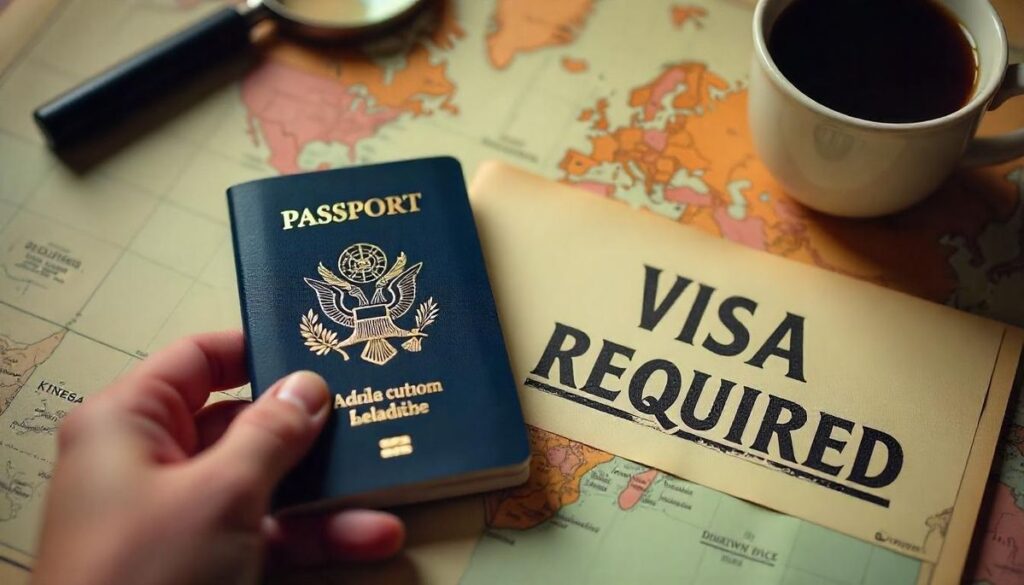
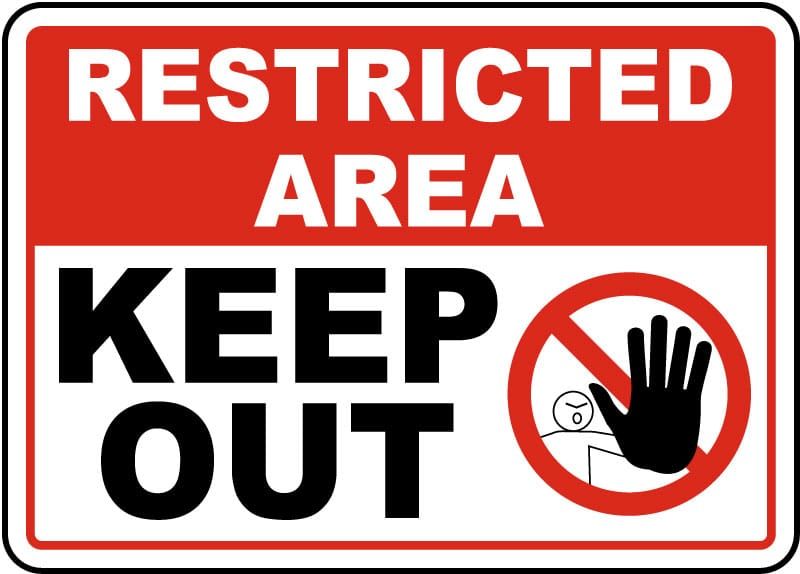
Restricted Area Permits & Special Zones
While Assam itself does not require special permits for most destinations, some neighboring states in Northeast India do. Foreign tourists traveling to areas close to international borders or ecologically sensitive regions may need a Restricted Area Permit (RAP) or Protected Area Permit (PAP). These are issued by the Ministry of Home Affairs, Government of India. For tourists planning to explore places like Arunachal Pradesh, Nagaland, or Mizoram after Assam, it is essential to apply in advance. Within Assam, Majuli Island, Kaziranga National Park, and Guwahati are fully accessible without permits, allowing travelers to enjoy authentic Assamese culture and wildlife.
Safety & Health Guidelines
Assam is known for its warm hospitality, but like any travel destination, staying alert enhances your experience.
Drink bottled or filtered water to avoid stomach issues.
Carry mosquito repellent when visiting forests and tea gardens.
Keep emergency contacts (police: 100, ambulance: 108, women’s helpline: 1091) handy.
Respect local customs, particularly in rural and religious sites.
Medical facilities in Guwahati, Jorhat, and Silchar are well-equipped, and pharmacies are available in most towns. For long trips into wildlife reserves or remote villages, carrying basic medicines is advisable.

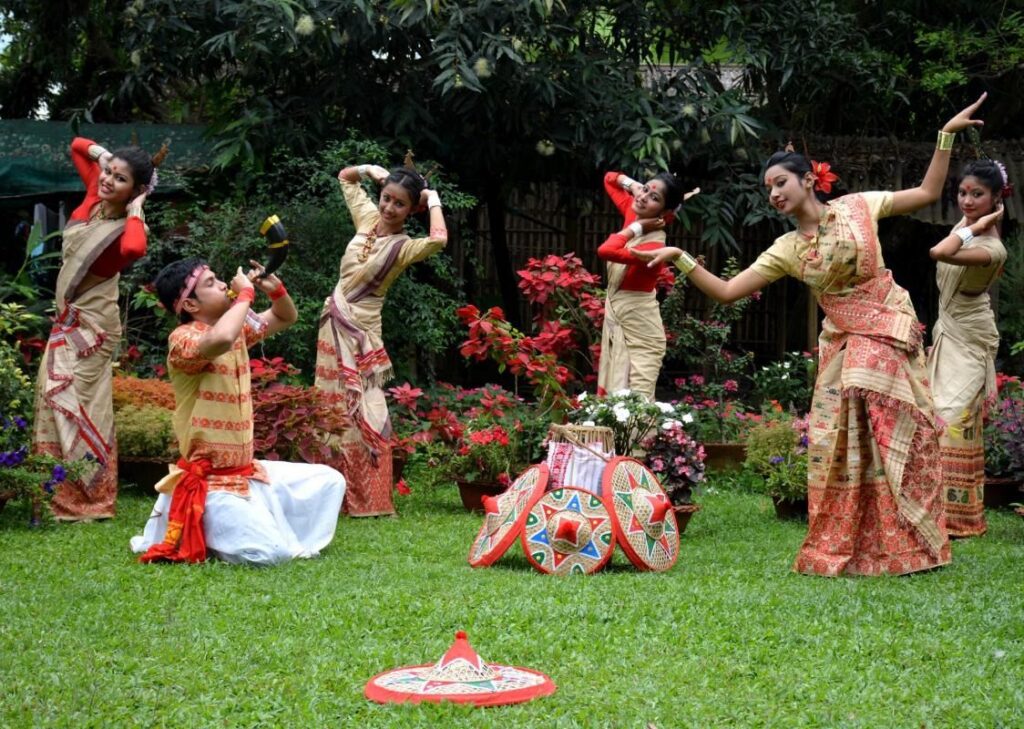
Cultural Etiquette & Assamese Traditions
Assam is deeply rooted in traditions that foreign tourists will find fascinating. When visiting temples like Kamakhya or monasteries in Majuli, modest dressing is appreciated. Always remove shoes before entering religious places. Assamese cuisine is a delight—don’t miss dishes like Khaar, Masor Tenga, and Pitha during festivals. Sharing a meal or participating in Bihu celebrations offers travelers a truly authentic experience. When interacting with locals, polite greetings and openness to learn about their traditions are warmly welcomed. Respecting these cultural nuances ensures that your visit feels both authentic and memorable.
Travel Support & Tourist Info Centers
To make your journey stress-free, Assam Tourism operates several Tourist Information Centers across Guwahati, Kaziranga, Jorhat, and Silchar. These centers provide maps, brochures, and details about accommodation, transport, and authentic experiences. Foreign tourists can also rely on the Incredible India Tourist Helpline (1800-11-1363) for multilingual assistance 24×7. Staying connected with official sources ensures you receive accurate travel updates, safety advisories, and festival calendars. Whether you’re navigating city life or exploring rural Assam, these services are designed to support you throughout your trip.
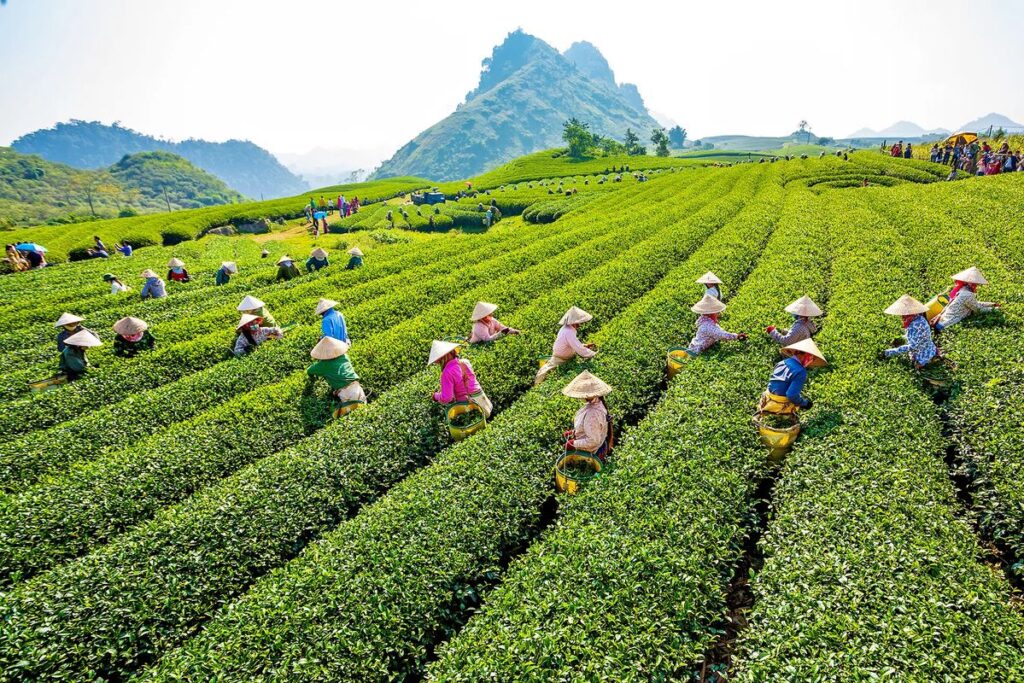
FAQs – Your Questions, Answered with Care
Q1. Do foreign tourists need a special permit to visit Assam?
No. Most areas in Assam are open to international visitors. However, if you plan to travel to other Northeast states, you may require a Protected Area Permit.
Q2. Is Assam safe for solo foreign travelers?
Yes. Assam is considered safe, especially in major tourist zones like Guwahati, Kaziranga, and Majuli. Exercise normal travel precautions, as you would anywhere else.
Q3. Can I use my credit card in Assam?
In cities like Guwahati and Jorhat, cards are widely accepted. In rural areas and small markets, carrying cash (Indian Rupees) is recommended.
Q4. Are locals in Assam friendly toward foreign tourists?
Absolutely. Assamese people are known for their warmth and hospitality. Tourists often find locals eager to share stories, cuisine, and cultural traditions.
Q5. What’s the best time for foreign tourists to visit Assam?
The ideal season is October to April, when the weather is pleasant, wildlife parks are open, and festivals like Bihu showcase Assamese traditions.
Q6. Do I need to register with authorities upon arrival in Assam?
No separate registration is needed if you already hold an Indian visa. Simply ensure you carry your documents and hotel bookings as proof of stay.
Assam is more than just a destination—it’s an authentic journey into the heart of Northeast India, where culture, cuisine, and natural beauty come alive.
As a foreign tourist, being informed about travel guidelines ensures your experience is safe, comfortable, and deeply enriching. From the call of Kaziranga’s rhinos to the rhythm of Bihu dances, every corner of Assam offers something unique.
📘 Explore Assam with Confidence
